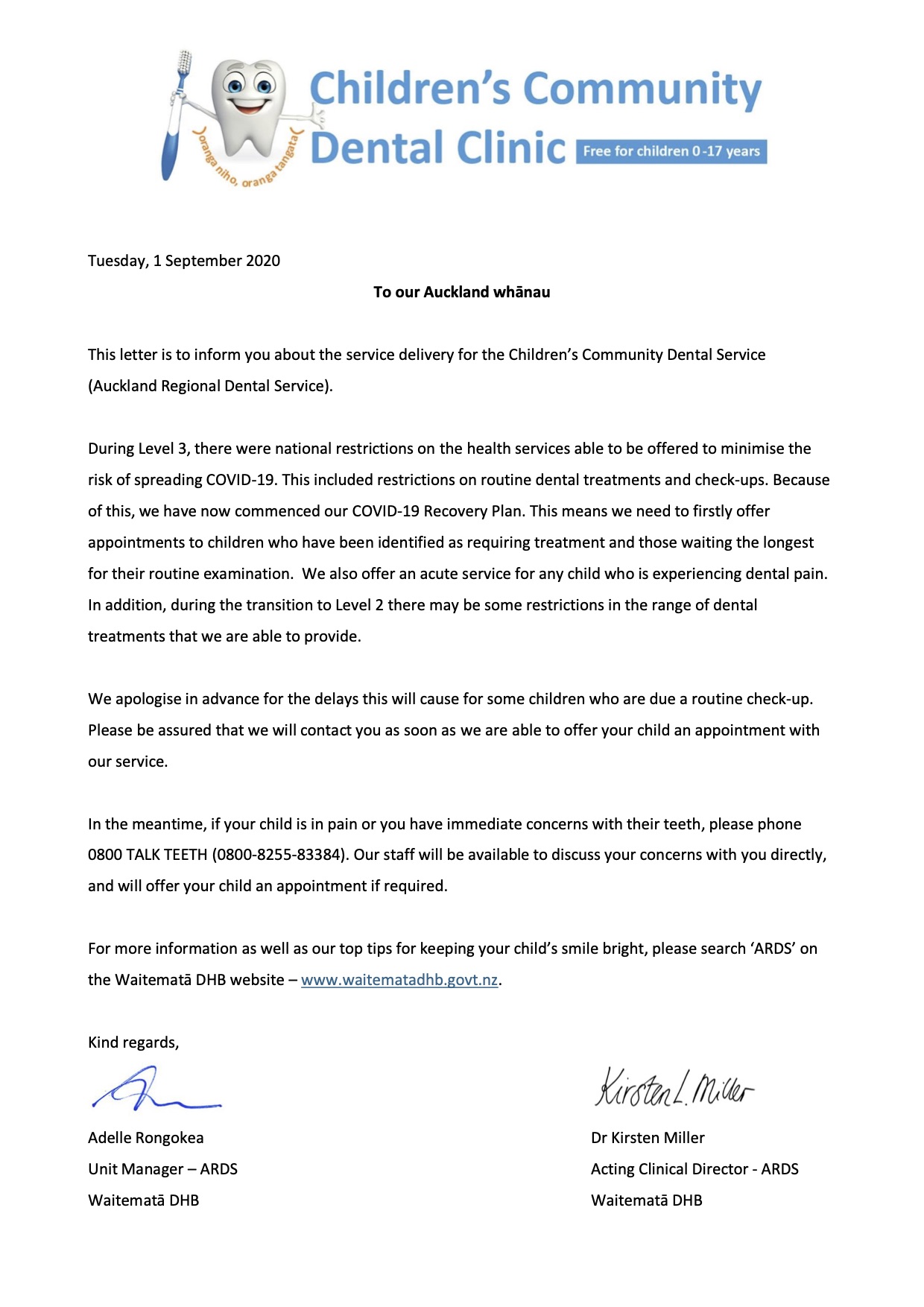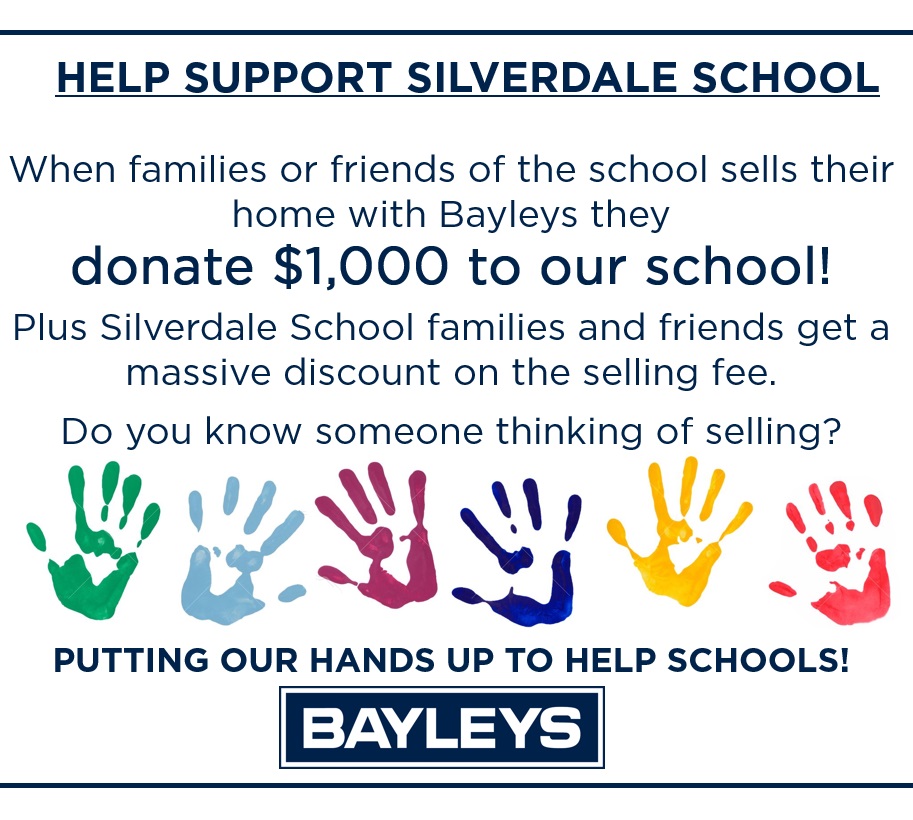Welcome
Welcome to Ana Gillam, Grace Hart, Sophia Schmidt, Carla Van der Nest and Christiaan Van der Nest. Our current roll is 821.
Happy Birthday
Happy birthday to Maia Wait, Monique Fuiono, Conrad Kilian, Blake Norris, Johnny Stil and Juan Delport.
PTA Fathers Day Raffle
DAD’s this ones for YOU!
PTA Fathers Day Raffle – We shop local and support local.
$5 a ticket.
Purchase on Kindo.
X1 Bottle Glenfiddich Single Malt 12yr Whiskey – Millwater Fine Wine & Spirits
750ml x 6pk of Craft Beer – The Beer Spot Whangaparaoa
Orchid Tracker – BLACK
10 free coffees – Millies
BBQ rubs & sauces – Fruit World Silverdale
Range of chocolates – Swiss Bliss Handmade Chocolates, Waitoki
+ a whole pile more nibbles and things for that beard that Dad will love.
Valued at OVER $400.
Grab one for Dad, Grandad, Uncles or any other significant other male in your life.
Raffle closes mid day (12.00pm) Saturday 5 September. Drawn 4.00pm that afternoon in time for Fathers Day.
SchoolTalk Survey
At the end of 2019 some families ended up with their child’s 2019 End Of Year Report going to their Spam/Junk email folder instead of their Inbox. SchoolTalk would like to investigate this further to ensure we do not have the same issue again this year. Can all parents that received a 2019 End Of Year Report please complete this quick survey so we can let SchoolTalk know of exact numbers. If you have more than one child can you please fill in it for each separate child as we would like to see if it was a class, year level or an issue across the whole school. Can the survey please be completed by Friday 18 September.
Thank you.
https://forms.gle/ybsmC71L9Q2KeWhk6
Congratulations
Each term the BOT puts all the names of those donations that have been made into a draw to give one family the chance to have their donation refunded for the following term. The families that have received these in the past have been very grateful. We understand that a donation is voluntary and that it can be at times very difficult to manage.
Here are the winners of the donation draw.
Term one full year donation $200 – Johanna Sayo Room 35
Term one donation $50 – Ayla Shirtliff Room 23
Term two donation $50 – Maia Wait Room 19
Bike and Scooter Safety
I have been noticing some children not wearing helmets while they are biking or scootering to and from school. This would also be a good time to check your child’s helmet. Some good advice from consumer:
The perfect fit
Everyone’s head is a slightly different shape and helmets themselves have different internal shapes. So there are two key steps in getting a perfect fit:
* Buy a helmet that’s well matched to your child’s head shape. When the helmet isn’t a good match they’re more likely not to wear it at all, wear it the wrong way, or take it off whenever they get the chance. Getting this first step right makes the second step much easier.
* Use the pads, chin straps, and the tensioner around the back of the helmet (if there is one) to make the helmet fit properly.
Watch for wear and tear
If the outer shell or polystyrene inner of a helmet is damaged, the helmet’s safety may be seriously reduced. Even minor damage on the surface of a helmet can signal bigger problems in the structure underneath.
* Regularly check your children’s helmets to make sure they’re in good condition and still fit them. If they’re not, replace them.
* Even if there’s no major damage, children’s helmets should be replaced every couple of years – that’s because children are much harder on them than adults.
* The impact-absorbing design of modern helmets means they’re effectively “used up” in a serious crash. Any helmet that has been in a serious crash or taken a significant impact should be thrown away and replaced, even if you can’t see any obvious damage.
Look for some of the better brands of helmet that come with crash-replacement schemes. These give you a significant discount on the cost of replacing a helmet after a crash. You’re more likely to find better helmet brands – as well as getting experienced advice about helmet sizing and fit – at a dedicated bike shop.
Don’t buy second-hand
Never buy a used helmet. It’s just not worth the risk: you don’t know the helmet’s history and it may have invisible cracks or damage. What’s more, good-quality new helmets aren’t that expensive.
Building Resilience from http://www.apa.org/helpcenter/resilience.aspx
Building resilience, the ability to adapt well to adversity, trauma, tragedy, threats or even significant sources of stress can help our children manage stress and feelings of anxiety and uncertainty. However, being resilient does not mean that children won’t experience difficulty or distress. Emotional pain and sadness are common when we have suffered major trauma or personal loss, or even when we hear of someone else’s loss or trauma.
We all can develop resilience, and we can help our children develop it as well. It involves behaviors, thoughts and actions that can be learned over time. Following are tips to building resilience.
Teach your child how to make friends, including the skill of empathy, or feeling another’s pain. Encourage your child to be a friend in order to get friends. Build a strong family network to support your child through his or her inevitable disappointments and hurts. At school, watch to make sure that one child is not being isolated. Connecting with people provides social support and strengthens resilience. Some find comfort in connecting with a higher power, whether through organized religion or privately and you may wish to introduce your child to your own traditions of worship.
- Help your child by having him or her help others
Children who may feel helpless can be empowered by helping others. Engage your child in age-appropriate volunteer work, or ask for assistance yourself with some task that he or she can master. At school, brainstorm with children about ways they can help others.
Sticking to a routine can be comforting to children, especially younger children who crave structure in their lives. Encourage your child to develop his or her own routines.
While it is important to stick to routines, endlessly worrying can be counter-productive. Teach your child how to focus on something besides what’s worrying him. Be aware of what your child is exposed to that can be troubling, whether it be news, the Internet or overheard conversations, and make sure your child takes a break from those things if they trouble her. Although schools are being held accountable for performance on standardized tests, build in unstructured time during the school day to allow children to be creative.
- Teach your child self-care
Make yourself a good example, and teach your child the importance of making time to eat properly, exercise and rest. Make sure your child has time to have fun, and make sure that your child hasn’t scheduled every moment of his or her life with no “down time” to relax. Caring for oneself and even having fun will help your child stay balanced and better deal with stressful times.
Teach your child to set reasonable goals and then to move toward them one step at a time. Moving toward that goal — even if it’s a tiny step — and receiving praise for doing so will focus your child on what he or she has accomplished rather than on what hasn’t been accomplished, and can help build the resilience to move forward in the face of challenges. At school, break down large assignments into small, achievable goals for younger children, and for older children, acknowledge accomplishments on the way to larger goals.
- Nurture a positive self-view
Help your child remember ways that he or she has successfully handled hardships in the past and then help him understand that these past challenges help him build the strength to handle future challenges. Help your child learn to trust himself to solve problems and make appropriate decisions. Teach your child to see the humor in life, and the ability to laugh at one’s self. At school, help children see how their individual accomplishments contribute to the wellbeing of the class as a whole.
- Keep things in perspective and maintain a hopeful outlook
Even when your child is facing very painful events, help him look at the situation in a broader context and keep a long-term perspective. Although your child may be too young to consider a long-term look on his own, help him or her see that there is a future beyond the current situation and that the future can be good. An optimistic and positive outlook enables your child to see the good things in life and keep going even in the hardest times. In school, use history to show that life moves on after bad events.
- Look for opportunities for self-discovery
Tough times are often the times when children learn the most about themselves. Help your child take a look at how whatever he is facing can teach him “what he is made of.” At school, consider leading discussions of what each student has learned after facing down a tough situation.
- Accept that change is part of living
Change often can be scary for children and teens. Help your child see that change is part of life and new goals can replace goals that have become unattainable. In school, point out how students have changed as they moved up in grade levels and discuss how that change has had an impact on the students.














